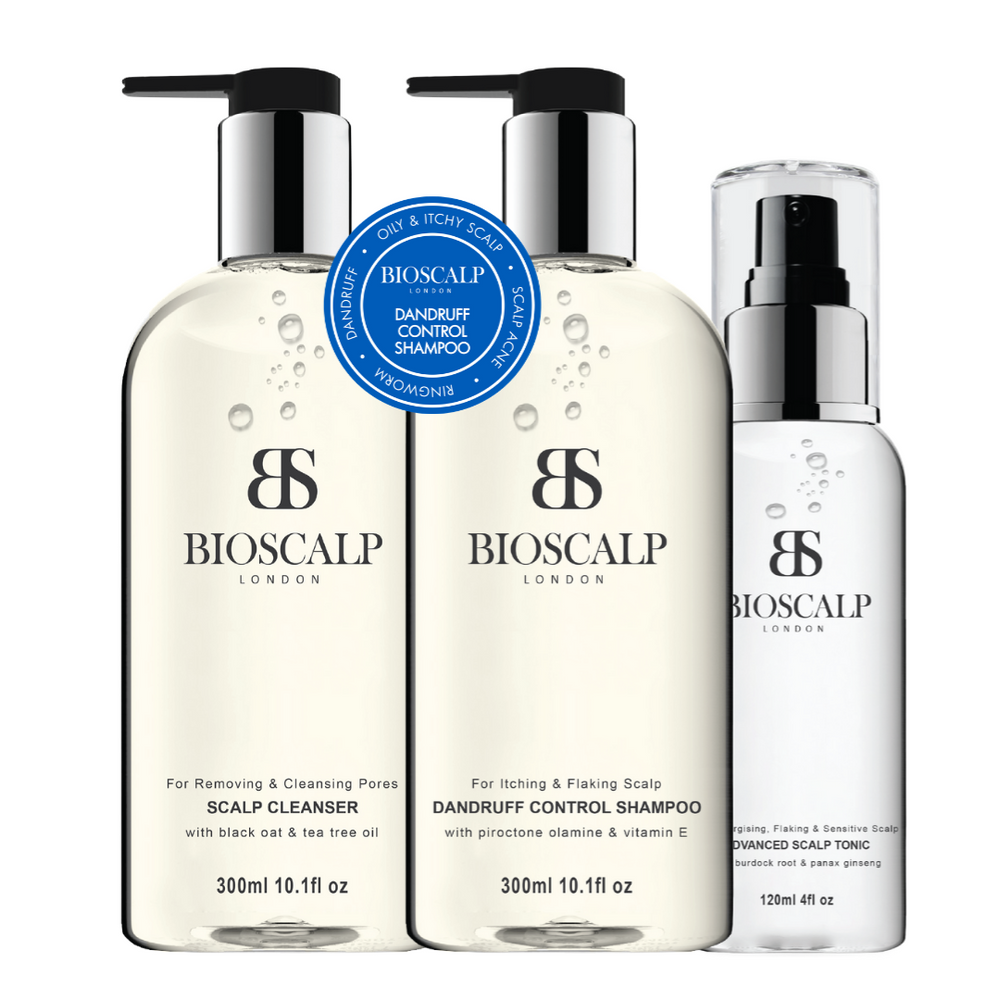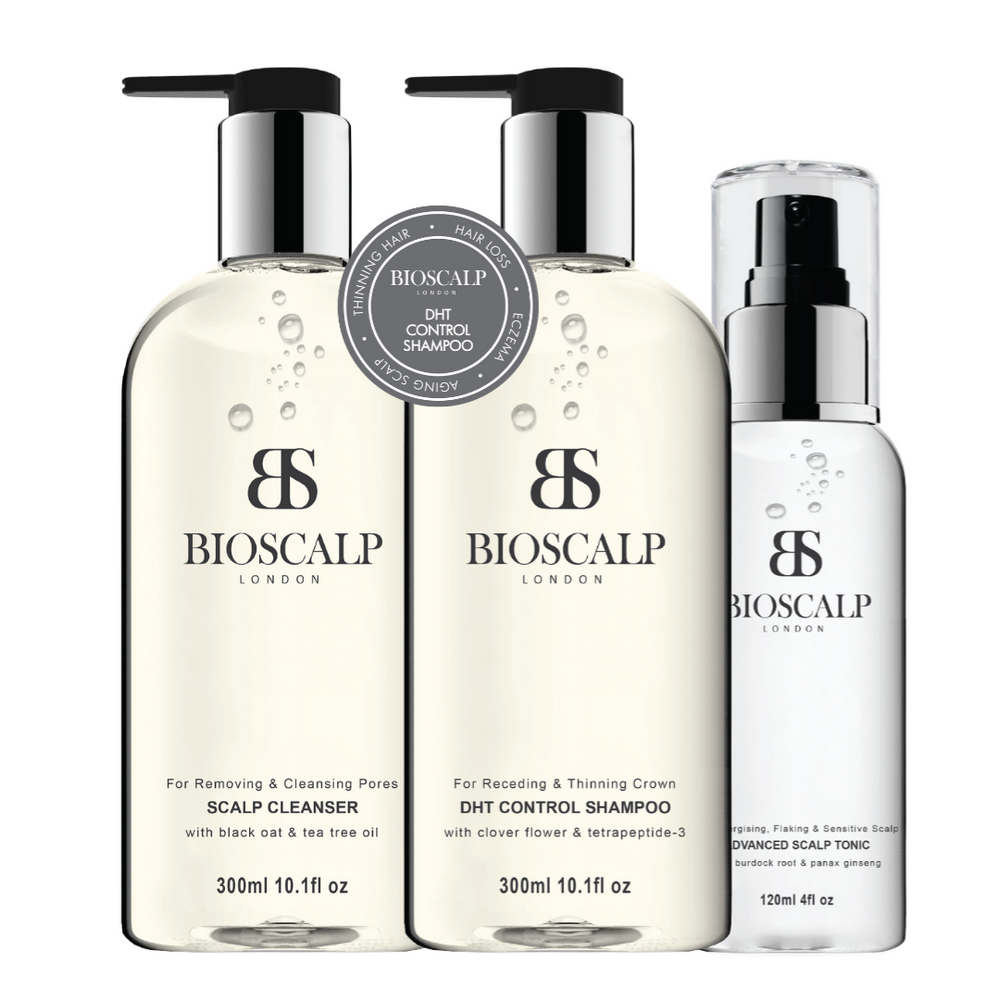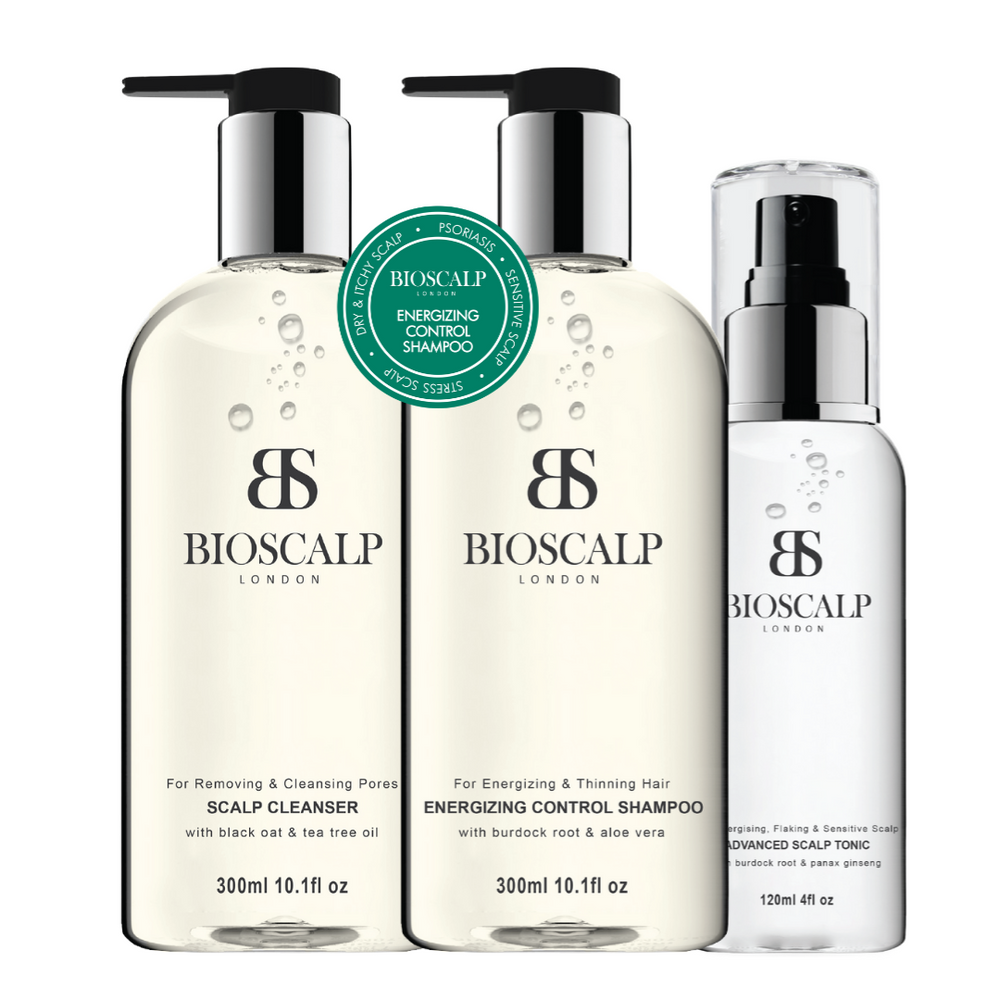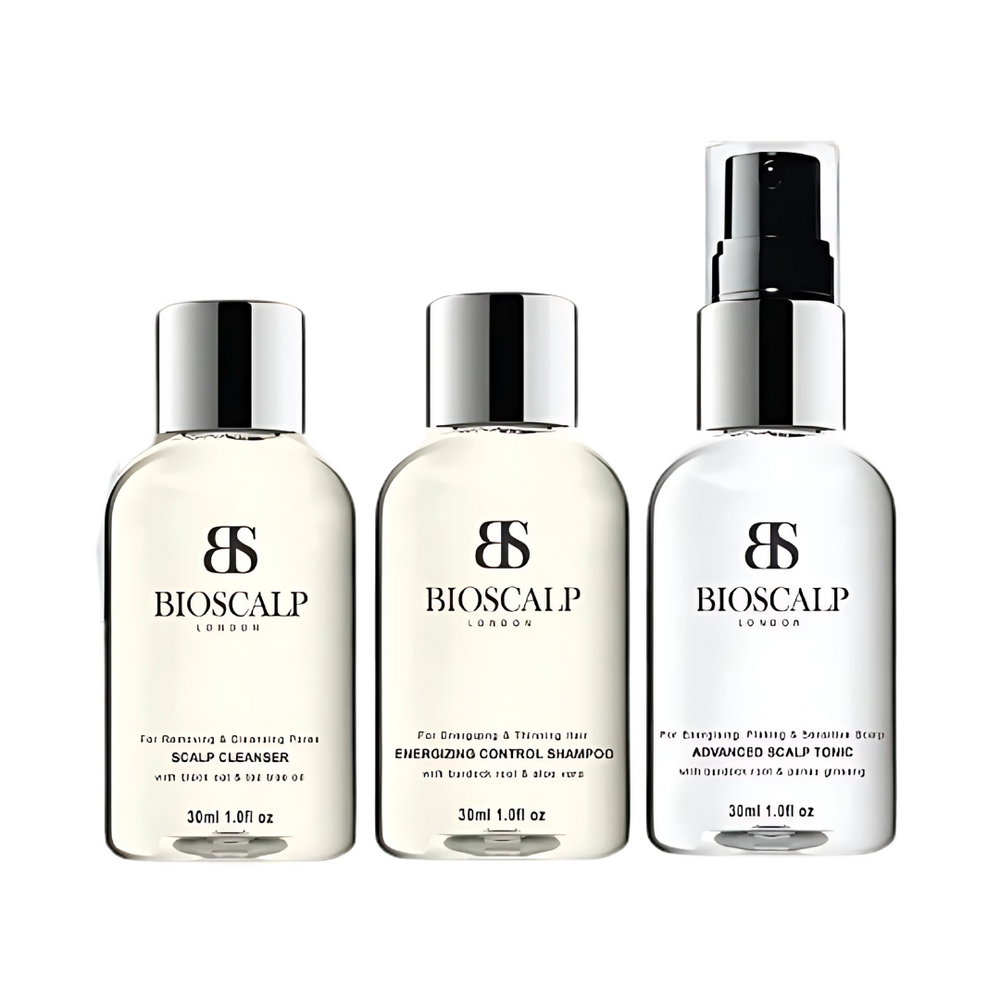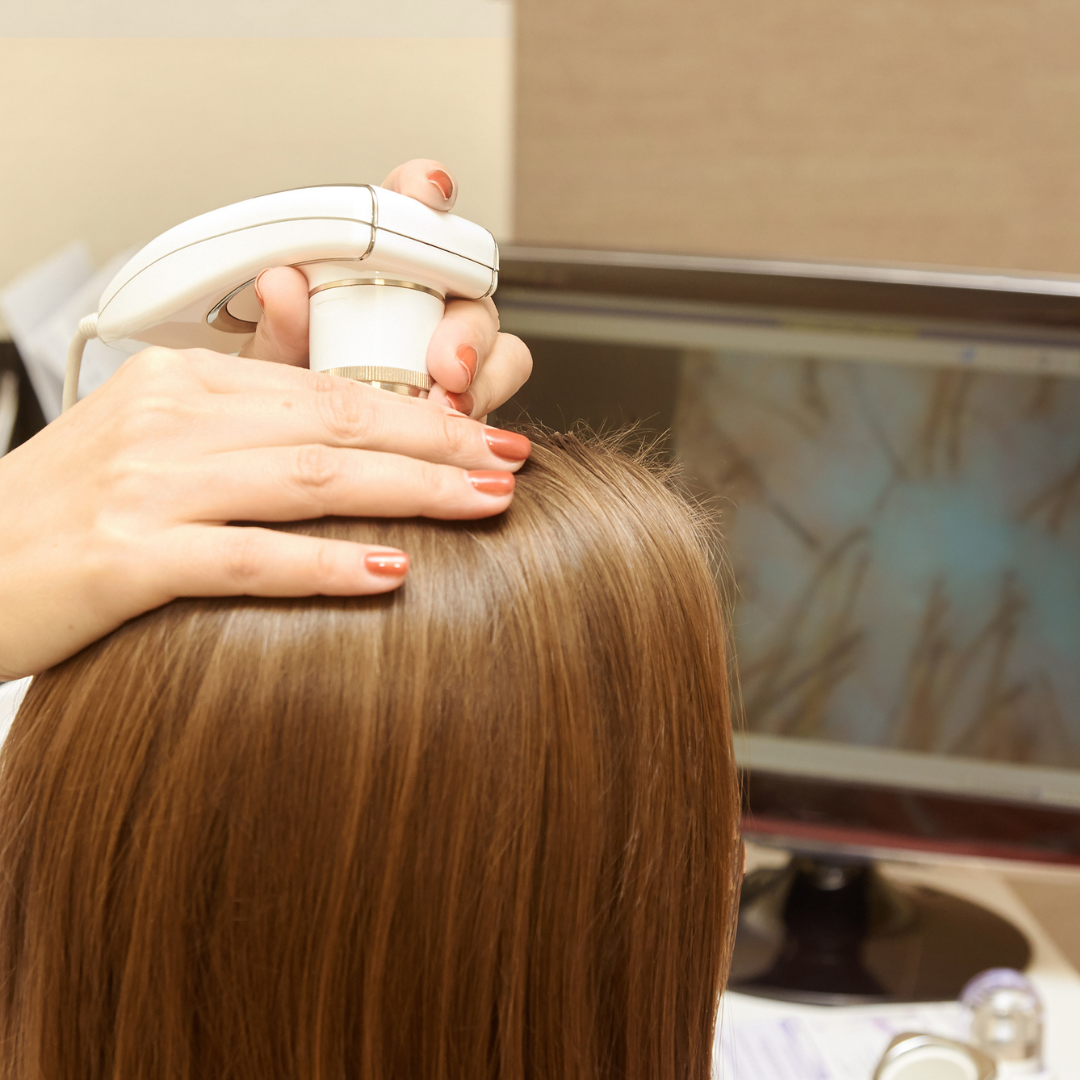An itchy scalp can be an uncomfortable and distracting problem. It’s often caused by dryness, product buildup, dandruff, or underlying conditions like seborrheic dermatitis. Thankfully, there are many remedies, ranging from medicated shampoos to natural treatments, that can help soothe your scalp and restore comfort. Let’s explore these options in detail and provide guidance on when to seek professional advice.

Medicated Shampoos
One of the most effective ways to address an itchy scalp is by using medicated shampoos formulated with active ingredients that target specific causes. Shampoos containing piroctone olamine, selenium sulphide, and ketoconazole are particularly effective for managing dandruff and fungal overgrowth, which are common culprits of scalp irritation. If your itchy scalp is accompanied by flaking, salicylic acid shampoos can help by gently exfoliating dead skin cells and reducing buildup. These shampoos are available over the counter and are often the first line of defence against persistent scalp itchiness.
💡 Tip: Use medicated shampoos according to the instructions on the label, ensuring you leave the product on your scalp for the recommended time to maximize its effectiveness.
Natural Remedies
For those who prefer natural solutions, several remedies can provide relief for an itchy scalp. Apple cider vinegar is known for its antimicrobial properties and ability to balance the scalp’s pH. Diluting apple cider vinegar with water and using it as a rinse after shampooing can help reduce irritation and flakiness.
Coconut oil, with its moisturizing and antifungal benefits, is another excellent option. Massaging warm coconut oil into the scalp can hydrate dry skin while soothing itchiness. Tea tree oil and peppermint oil are also popular for their cooling and antifungal properties. Since essential oils can be potent, it’s important to dilute them with a carrier oil (such as jojoba or almond oil) before applying them to the scalp.
💡 Tip: For natural remedies, consistency is key. Incorporate these treatments into your weekly routine for the best results.
Over-the-Counter Treatments
Over-the-counter solutions, such as Bioscalp Dandruff Kit, are widely recommended for their soothing properties. Colloidal oatmeal can be mixed with water to create a paste or added to a warm bath for a calming scalp treatment. Many OTC shampoos also contain zinc pyrithione or antifungal agents to provide targeted relief. These products are particularly helpful for mild cases of itchy scalp caused by dryness or environmental factors.
Home Remedies
DIY home remedies are another effective and accessible way to manage an itchy scalp. A warm olive oil massage can work wonders in moisturizing the scalp and loosening flakes, while a colloidal oatmeal solution can be made at home by blending oats into a fine powder and mixing it with water. Additionally, essential oils like lavender, tea tree, and peppermint can be added to carrier oils for a soothing scalp treatment. These methods are easy to use and can be customized to suit your specific needs.
💡 Tip: Always test home remedies on a small patch of skin to ensure you don’t have an allergic reaction before applying them to your scalp.
Lifestyle Changes
Beyond topical treatments, certain lifestyle changes can help reduce scalp itchiness. Stress is a known trigger for many skin conditions, including scalp irritation. Incorporating stress reduction techniques such as meditation, yoga, or deep breathing exercises can have a positive impact on your overall scalp health. Adjusting your hair-washing routine is another important factor. Washing too frequently can strip the scalp of its natural oils, while infrequent washing can lead to buildup and itchiness. Finding the right balance for your hair type and lifestyle is crucial.
💡 Tip: If you’re unsure how often to wash your hair, start with every 2-3 days and adjust based on how your scalp responds.

When to Consult a Professional
If your itchy scalp persists despite trying over-the-counter products and home remedies, it’s time to seek professional advice. Persistent itchiness could indicate an underlying condition such as seborrheic dermatitis, psoriasis, or a fungal infection that requires medical treatment. A dermatologist can diagnose the root cause of your symptoms and prescribe specialized shampoos, topical treatments, or medications to provide relief.
💡 Tip: Don’t ignore severe symptoms like redness, swelling, or excessive flaking—these may signal a more serious condition that needs prompt attention.
Take Control of Your Scalp Health
An itchy scalp can be bothersome, but with the right approach, relief is within reach. From medicated shampoos and natural remedies to lifestyle changes and professional treatments, there are plenty of options to soothe your scalp and restore comfort.
Looking for a targeted solution to relieve scalp irritation? Explore Scalp Solution's range of scalp-health-focused shampoos and treatments, scientifically formulated to calm itchiness and support a healthy, balanced scalp. Visit our website to find the perfect product for your needs!


